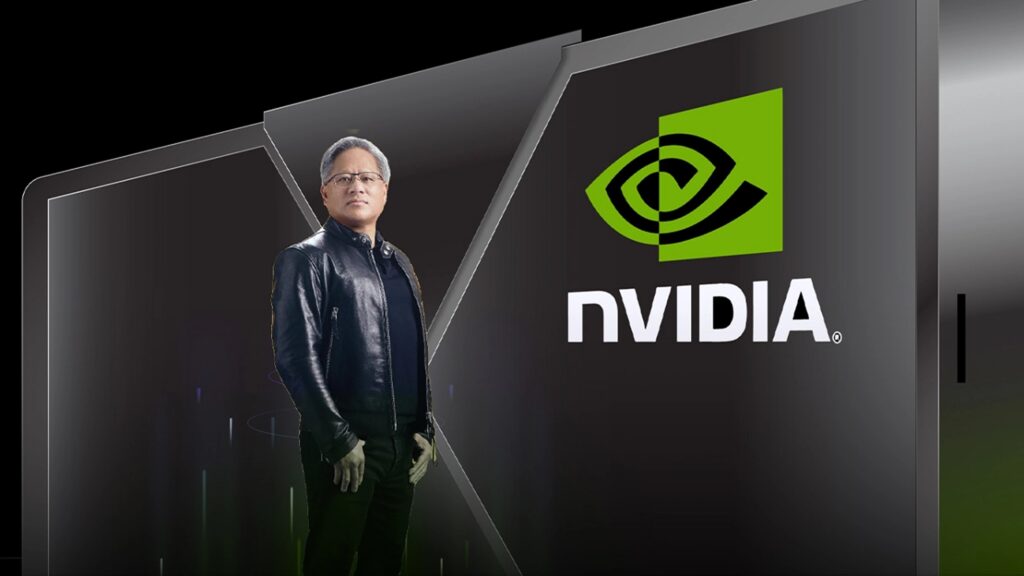On Tuesday, Nvidia’s stock saw a nearly 2% increase, reaching $901, buoyed by news from its annual developer conference in San Jose, California, that its flagship AI processor, Blackwell, is expected to ship later this year.
Earlier in the day, the stock had experienced a nearly 4% dip. Nvidia’s CEO, Jensen Huang, and CFO, Colette Kress, shared insights with investors, highlighting the company’s strategic direction and the anticipated impact of its new AI chip, which was officially introduced on Monday.
Kress expressed optimism about the market launch timing, “We think we’re going to come to market later this year,” she said.
Huang underscored the significant market opportunity in data center upgrades, estimating over $250 billion annual spending by companies, with a growth rate of up to 25% per year.
This transition aligns with Nvidia’s broader shift towards selling comprehensive systems rather than individual chips, positioning the company to capture a larger market share within data centers.
“Nvidia doesn’t build chips, it builds data centers,” Huang stated.
“The Blackwell processor is a leap forward in Nvidia’s technology, featuring a design that incorporates two silicon squares, doubling the size of its predecessors.
To facilitate this advancement, Nvidia has partnered with TSMC for chip manufacturing, aiming to circumvent the bottlenecks that previously affected shipments.
Huang remarked on the improved visibility of demand for the new chips, suggesting a smoother rollout.
However, some analysts believe the market has already accounted for the introduction of the B200 Blackwell chip, priced between $30,000 and $40,000, according to Huang.
Despite this, Nvidia plans to integrate Blackwell into larger computing systems, with prices varying based on the value offered.
Discussions around Nvidia’s collaboration with South Korean chipmakers, particularly around Samsung Electronics’ high bandwidth memory (HBM) chips, also surfaced.
While Samsung’s HBM3 series is yet to meet Nvidia’s qualifications, rival SK Hynix has started mass production of HBM3E chips, reportedly for Nvidia.
Nvidia’s market performance has been stellar, with its stock more than tripling over the past year, positioning it as the third-most valuable U.S. company, behind only Microsoft and Apple.
This valuation surge reflects increased earnings estimates from analysts, though there’s caution that over-optimism could lead to a market correction.
Anticipation is high for Nvidia’s new chip among major customers like Amazon, Google, Meta Platforms, Microsoft, OpenAI, and Tesla.
Morningstar analysts have revised their revenue forecasts for Nvidia’s data center business, praising its ability to expand into additional hardware, software, and networking domains.
This expansion is partly due to Nvidia’s efforts to make its hardware more adaptable for companies integrating generative AI into their operations.
Despite potential market share dips due to competition and in-house chip production by large customers, Nvidia’s leadership in the AI sector appears solid.
